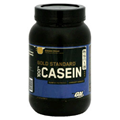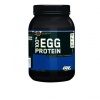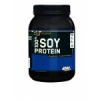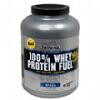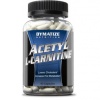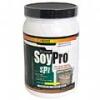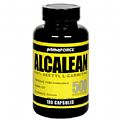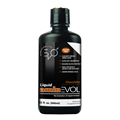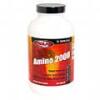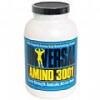- Bariatric surgery, although risky and pervasive, has been shown to help patients lose a dramatic amount of weight
- Surgery itself is not the end all, but only the beginning of a life long journey to keep the pounds off. To stay successful a bariatric protein diet rich in bariatric whey protein should be formulated and strictly adhered to
- Not having a bariatric diet plan can lead to gaining the weight back and in some cases serious health problems and even death
With morbid obesity on the rise, especially in the United States, bariatric surgery has become an increasingly popular choice for people who cannot seem to win the battle of the bulge.
Bariatric surgery, also known as weight loss surgery, is an operation that modifies the gastrointestinal tract to reduce food intake. Common procedures include gastric bypass, lap band, and stomach stapling. Plastic surgery options such as tummy tucks and liposuction do not fall into this category. Only those individuals who are extremely obese with a body mass index of at least 40 should even consider surgery. Healthy eating and exercise is always the safest and healthiest option and should be attempted first. Only after a discussion with a doctor should surgery be taken into consideration and should always be a last resort method to weight loss.
The post op bariatric diet plan should be formulated before having surgery to avoid missteps after the surgery is complete. Individuals who have these types of surgeries have bad eating habits and need guiding principles to live by to achieve the desired results of the surgery. The following points will give you some guidelines to success and show you how to properly eat and feed your body all the nutrients it needs.
Eat with purpose not for pleasure
Eating for pleasure is what leads people to needing these surgeries in the first place. What food people like is most often the worst for them. Greasy pizza, burgers, fries and ice cream can no longer be staples in the diet and shifting your mind set to this way of thinking before surgery will help you better deal with the reality. Since the stomach will be drastically smaller eating the most nutrient dense foods is critical since the number of calories and the sizes of portions will be dramatically reduced. Portions should be no larger than six to eight ounces with protein being the main staple.
Nutrient intake
Protein is the most important nutrient for any bariatric patient. Protein makes you feel full and maintains muscle mass while increasing bone health. 60-100 grams of protein should be digested each day. To help ensure protein levels are met a tasty bariatric whey protein shake can be taken in between meals. This helps avoid temptation of eating junk food as well. The best sources of protein include animal sources such as lean red meat, chicken, fish, and dairy products. Other protein sources such as soy and beans also contain protein. Avoiding starches such as bread and pasta is a good principle to live by as those are the foods that trigger temptation for many bariatric patients. Carbohydrates should be derived from fruits and vegetables and are a much better energy source. Make sure to drink plenty of water and talk to your doctor about which vitamin supplements to take.
With healthy protein consumption as your number one goal a bariatric protein diet can be nutritious and satisfying to the taste buds. Even people who have not had surgery have followed this type of diet with great success.
Tags: bariatric diet plan, bariatric protein diet, bariatric whey protein











